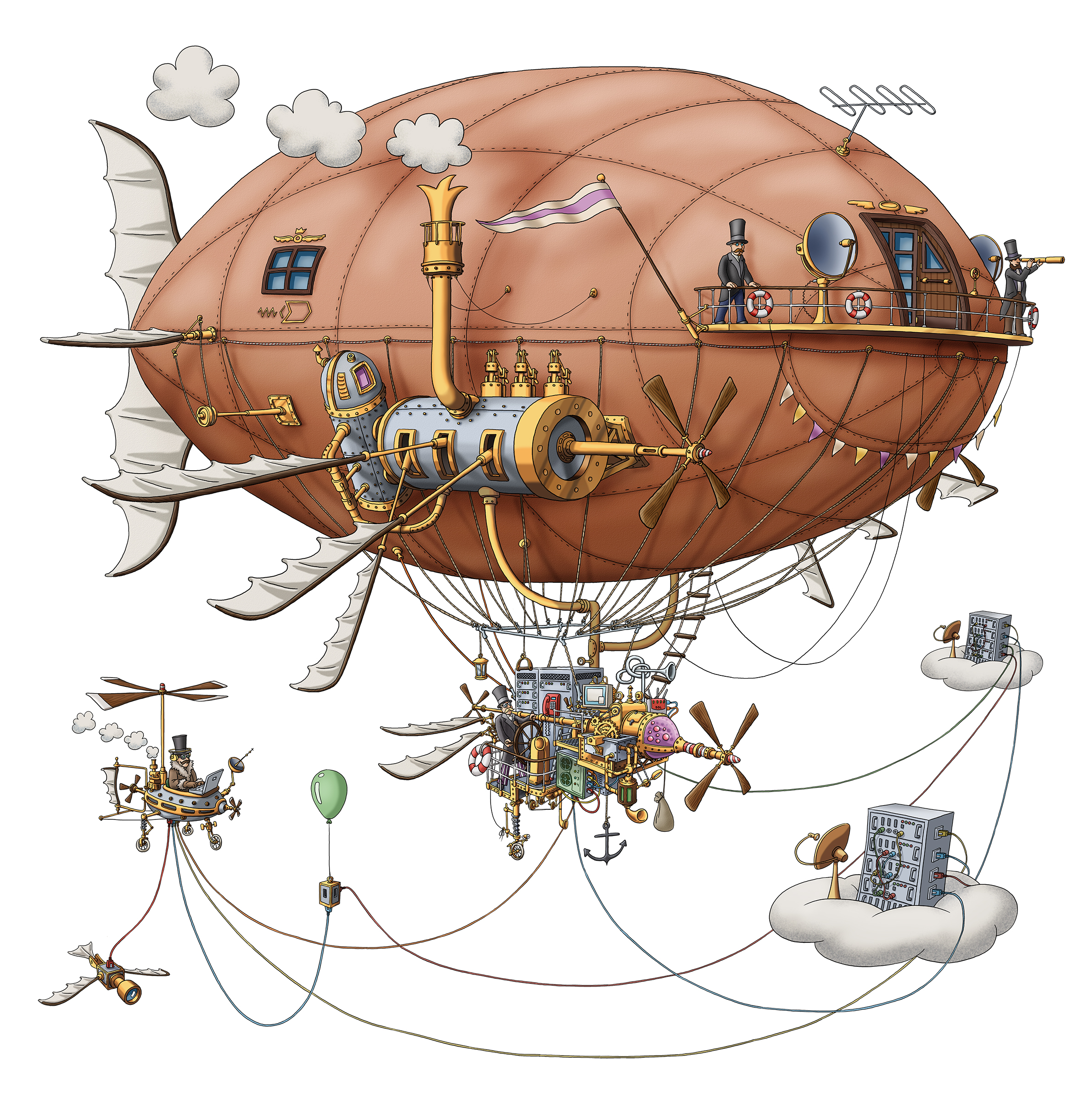The Python BarCamp Cologne 2012 happened last weekend. It was well organized by Reimar Bauer and the Cyrus office space is just very well suited for this kind of event: lots of space, rooms, equipment, drinks, …
The proceedings of Saturday and Sunday are available on Etherpads.
My most favorite discovery was Sentry – an open-source exception logging tool that has a nice UI and is simple to set up. Kudos to the Disqus crew! I’m looking forward to making this available as a managed component in gocept.net as soon as I get time to do so. 🙂
Other interesting topics that I joined were: a discussion about WSGI servers, parallelization, template engines, debugging and the infamous lightning talks.
Obviously I couldn’t restrain myself and so I offered a session on service deployment trying to answer some questions that people had and presenting some of the code we wrote when extracting our knowledge into batou.
Another session that I tried to foster was about #failure: in addition to talking about the cool things that we found working I wanted to hear about stuff that doesn’t work: software, organisational issues, etc. We kind of got stuck on bashing anything with the label “Enterprise” and the standard library.
On enterprise: the most weird experience I had lately boils down to this video by RedHat about their JBoss offering – say what?
The stdlib bashing wasn’t aggressive at all: we found some specific quirks and tried to get some understanding why things are the way they are. For me, basically, the standard library is what comes out of “batteries included” – it will have something in there that helps you out accomplishing what you want (like a pack of AA batteries) but if you’re serious about it you might need to roll some different module (like a car battery). I don’t think dropping the standard library would be a wise choice and I also don’t think that “one size fits all”.
I also got a surprising invite to presenting at the GUUG meeting next year and I’m pretty excited about that!
So, thanks again to Reimar and the other people organizing and sponsoring this event!
